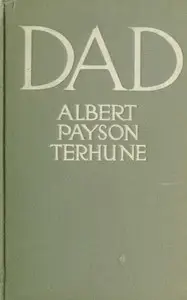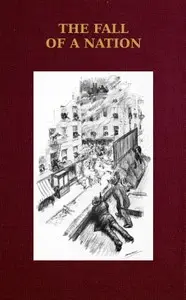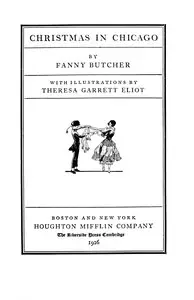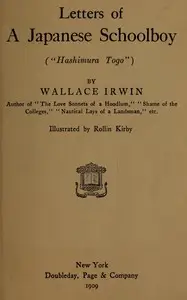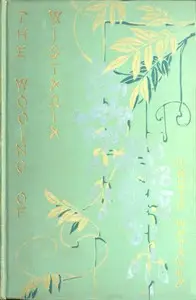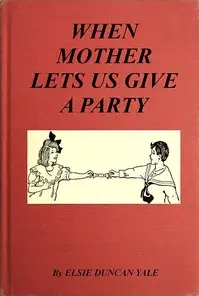"The Sins of the Father: A Romance of the South" by Thomas Dixon Jr. is a story set in the South after the Civil War, where a young newspaper editor named Major Daniel Norton wrestles with the racial and political problems of the time. Grappling with the chaos surrounding him, Major Norton uses his newspaper to voice his opinion. The story begins with scenes of white southerners being sold and belittled, which makes him think hard about the new black government and what it means for his town. As he gets to know Cleo, a beautiful mixed-race woman, the story looks at both his personal life and the hate and conflict tearing apart society as he faces tough choices about leadership. This initial portion sets the stage for Norton's eventual confrontations with political corruption and the moral quandaries of leadership during a deeply divided era.
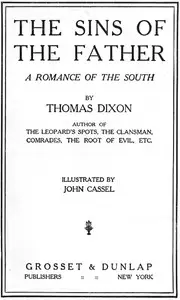
The Sins of the Father: A Romance of the South
By Thomas Dixon
Amidst the turmoil of the Reconstruction South, a newspaper editor's fight for justice intertwines with a forbidden love, forcing him to confront the deep-seated prejudices of a divided nation.
Summary
About the AuthorThomas Frederick Dixon Jr. was an American Baptist minister, politician, lawyer, lecturer, writer, and filmmaker. Dixon wrote two best-selling novels, The Leopard's Spots: A Romance of the White Man's Burden—1865–1900 (1902) and The Clansman: A Historical Romance of the Ku Klux Klan (1905), that romanticized Southern white supremacy, endorsed the Lost Cause of the Confederacy, opposed equal rights for black people, and glorified the Ku Klux Klan as heroic vigilantes. Film director D. W. Griffith adapted The Clansman for the screen in The Birth of a Nation (1915). The film inspired the creators of the 20th-century rebirth of the Klan.
Thomas Frederick Dixon Jr. was an American Baptist minister, politician, lawyer, lecturer, writer, and filmmaker. Dixon wrote two best-selling novels, The Leopard's Spots: A Romance of the White Man's Burden—1865–1900 (1902) and The Clansman: A Historical Romance of the Ku Klux Klan (1905), that romanticized Southern white supremacy, endorsed the Lost Cause of the Confederacy, opposed equal rights for black people, and glorified the Ku Klux Klan as heroic vigilantes. Film director D. W. Griffith adapted The Clansman for the screen in The Birth of a Nation (1915). The film inspired the creators of the 20th-century rebirth of the Klan.



